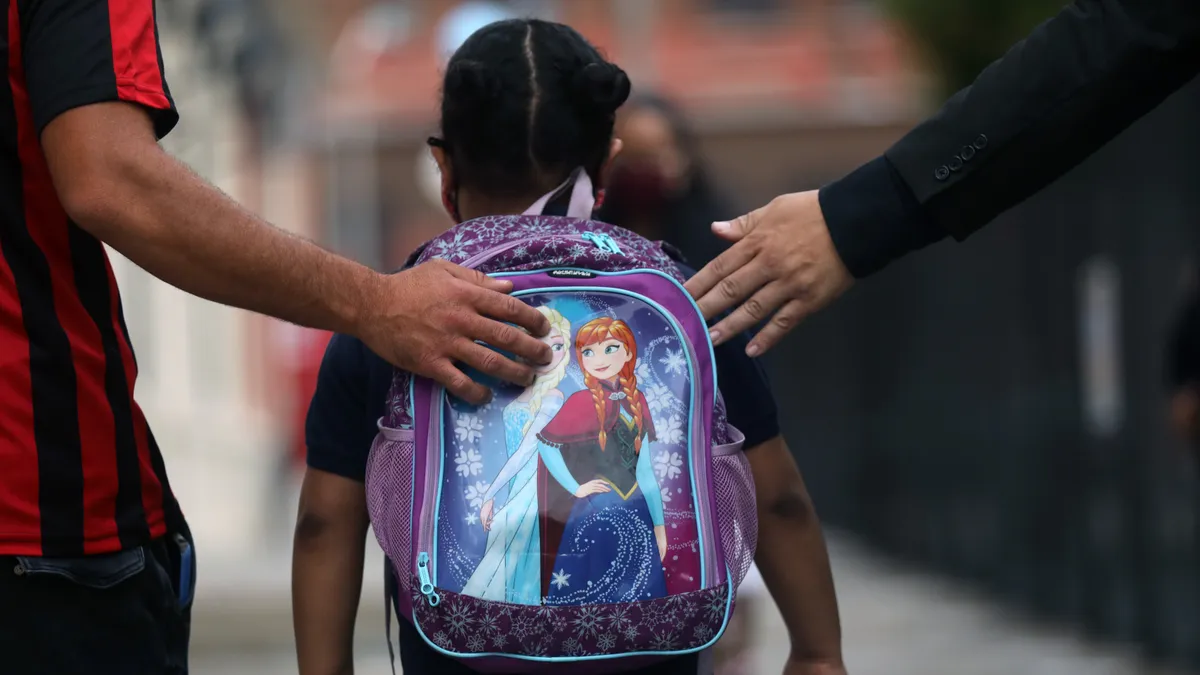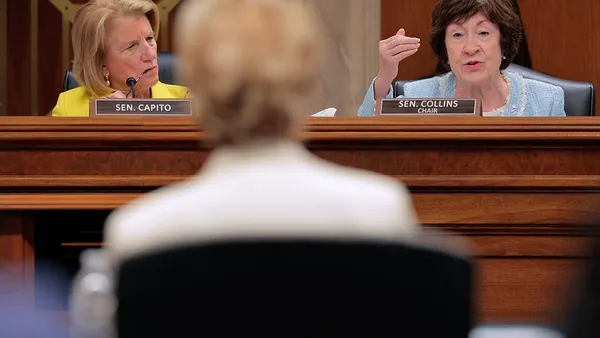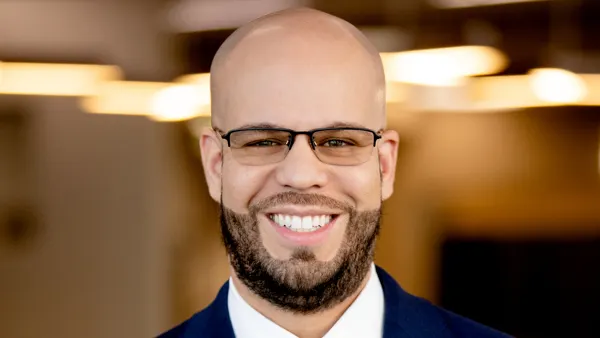Dive Brief:
- A bill making its way through the New Jersey State Legislature would establish a Division of School Desegregation within the state education agency, a move that could help ensure better racial and socioeconomic integration in public schools, supporters say.
- While supporters praise the proposal's merit for addressing decades-long struggles to diversify New Jersey schools, they caution staff shortages and lack of school integration expertise could hinder improvements and say additional state funding and strong governance would be needed.
- Public schools across the country grew more racially segregated between 2000 and 2014, according to a 2016 Government Accountability Office report. Local, state and national efforts to improve school diversity, however, are gaining momentum, particularly with the sharing of best practices and resources, say integration advocates.
Dive Insight:
Under the proposed New Jersey legislation, a Division of School Desegregation would compile statistics on the racial, ethnic and economic composition of students for each public school in the state.
Additionally, the division would analyze the educational outcomes of students enrolled in highly segregated schools compared to those of students attending more racially and economically integrated schools. The Senate Education Committee approved the proposal on a 3-2 vote. The Assembly bill has been referred to the Assembly Education Committee.
The proposal would be a positive step forward for the state, which has a history of entrenched barriers to integration, said David Sciarra, executive director of the Education Law Center, a New Jersey-based nonprofit that advocates nationally for state-based efforts to improve school funding equity.
Data from the 2016-17 school year found New Jersey ranked 6th most segregated regarding Black students' limited exposure to White students, according to a report from The Civil Rights Project and the Center for Education and Civil Rights. The same data analysis showed nearly 50% of Black students across the state attended schools where fewer than 10% of students were White.
Meanwhile, a pending lawsuit, Latino Action Network v. State of N.J., claims segregation by race and poverty in the state’s public schools and charter schools violates New Jersey’s constitution.
ELC is concerned that acute staff shortages in the state education agency, which ELC said had a 24% staffing shortfall between 2014 and 2021, could limit progress a new Division of School Desegregation could make unless it is created with strong governance providing a separate budget and independent hiring authority. ELC suggested a first-year allocation of $5 million to the division.
Sciarra said the legislation, if passed, would put the state on a proactive track in addressing de facto segregation. Desegregation, Sciarra said, is integral to the state's obligation to provide a public education to all children.
"This is not an easy thing to deal with," Sciarra said. "It's probably one of the most difficult issues that we face in public education along with school funding, obviously, across the country."
Students who attend racially and socioeconomically integrated schools have better academic outcomes, on average, according to research compiled by The Century Foundation, an independent think tank that works on equity issues, in a 2019 report.
Richard Kahlenberg, a senior fellow and director of K-12 equity at The Century Foundation, said state support and attention are crucial for school integration efforts. "As a constitutional matter, the state is charged with educating students," he said.
Kahlenberg adds most of the segregation by race and class is between school districts rather than within school district boundaries.
He doesn't know of another state that has legislation establishing a department dedicated to school desegregation. But he points to Connecticut's efforts to desegregate Hartford Public Schools through voluntary school choice programs with neighboring districts as an example of state involvement and support for local desegregation efforts. Connecticut recently reached a settlement agreement in a 33-year-old desegregation lawsuit centered on Hartford Public Schools.
The Century Foundation's Bridges Collaborative, a collection of 57 school systems and organizations, has been developing and sharing successful strategies for school integration. This grassroots effort is building the skills and momentum to integrate schools, he said.
"This is very, very hard work," Kahlenberg said. "Hard work to do well, and hard work politically.












